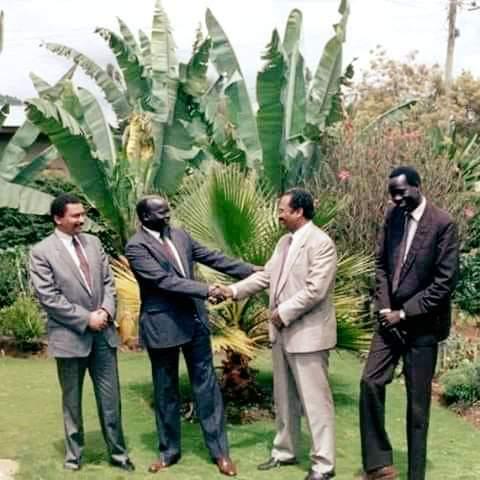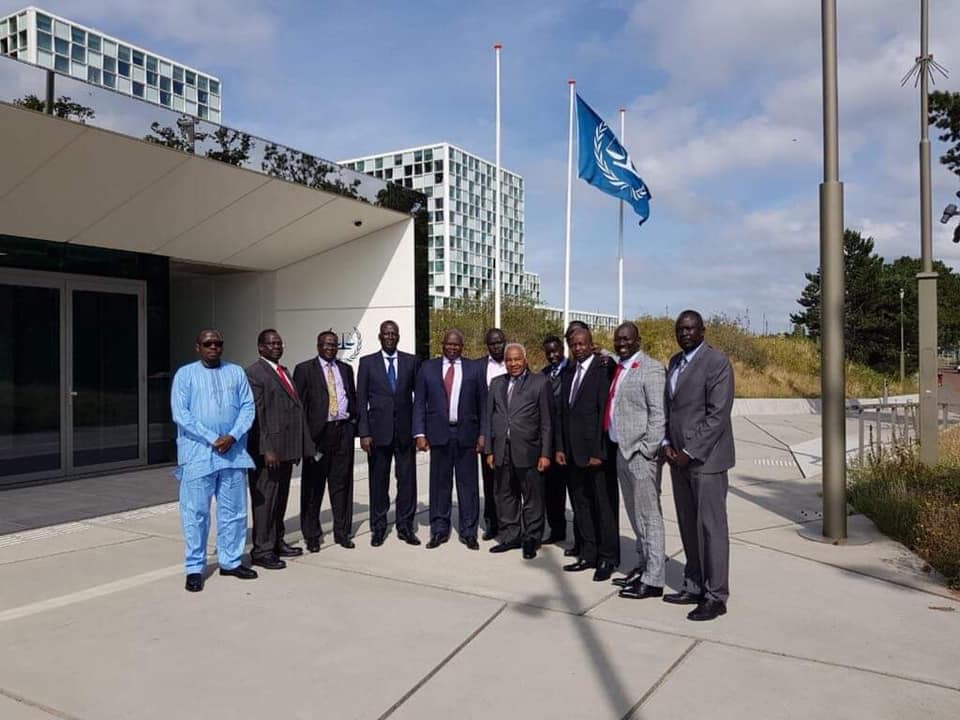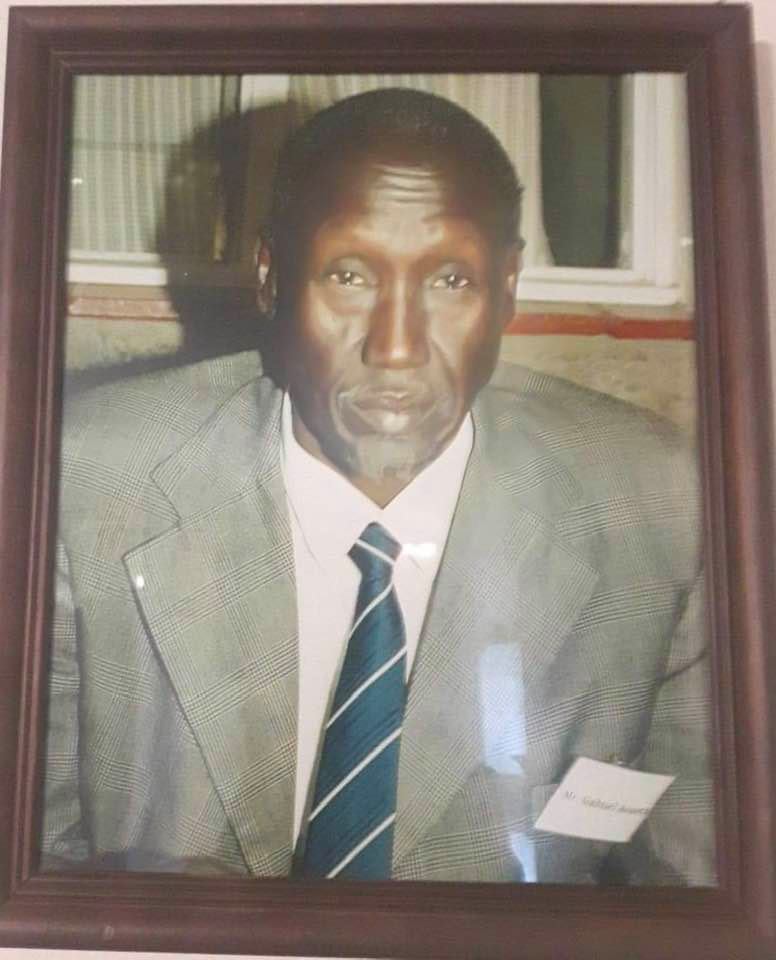The Taking of South Sudan: The Tycoons, Brokers, and Multinational Corporations Complicit in Hijacking the World’s Newest Nation, September 2019

Overview
The Sentry’s investigation exposes an array of international actors who stand to profit from the U.S., UK, Asia and elsewhere, the looting of state assets, and reveals one of the biggest companies in the world providing direct support to deadly militias. Our report details the carving up for private profit of the most lucrative economic and government sectors in the world’s youngest nation. Meanwhile, the South Sudanese people starved, were killed, and were run off their homelands.
Executive Summary
The men who liberated South Sudan proceeded to hijack the country’s fledgling governing institutions, loot its resources, and launched a war in 2013 that has cost hundreds of thousands of lives and displaced millions of people.
They did not act alone. The South Sudanese politicians and military officials ravaging the world’s newest nation received essential support from individuals and corporations from across the world who have reaped profits from those dealings. Nearly every instance of confirmed or alleged corruption or financial crime in South Sudan examined by The Sentry has involved links to an international corporation, a multinational bank, a foreign government or high-end real estate abroad. This report examines several illustrative examples of international actors linked to violence and grand corruption in order to demonstrate the extent to which external actors have been complicit in the taking of South Sudan.
(more…)




































Tributes to Gen. Atem Aguang – One of the Most Iconic and Heroic Commanders of the Liberation Struggle
Posted: September 27, 2019 by PaanLuel Wël Media Ltd. in Commentary, Contributing Writers, History, Obituary, Opinion Articles, Opinion Writers, PaanLuel Wël, PeopleRemembering Gen. Atem Aguang Atem-Banyelok: Eulogy and Tributes in Living Memory of Gen. Atem Aguang Atem, One of the Most Iconic and Heroic SPLM/SPLA Commanders of the Liberation Struggle
By PaanLuel Wël, Juba, South Sudan
1. Introduction
Friday, September 27, 2019 (PW) – Tomorrow, on Saturday, 28 September 2019, the final funeral rites of Maj. Gen. Atem Aguang Atem Deng, who passed away on May 27, 2019, will be conducted at his home, near Giada Military Hospital and opposite Medan Simba, in Juba, South Sudan. The Late Gen. Atem Aguang Atem-Banyelok was one of the most iconic and heroic commanders of the Sudan People’s Liberation Movement/Army (SPLM/SPLA)’s war of the liberation struggle in South Sudan. Gen. Atem Aguang participated in most of the historic and fierce battles that defined, shaped and determined the ultimate success of the liberation struggle, leading to the eventual independence of the Republic of South Sudan on July 9, 2011. For his boundless bravery and immense contributions to the successes of the SPLM/SPLA in the battlefields, he was immortalized, alongside his comrades-in-arm, in one of the most legendary and inspirational songs of the liberation struggle, by the renowned artist, Ustaz Panchol Deng Ajang, one of the greatest musicians of the liberation era:
“Atëm Aguang acï thɔ̈ɔ̈rë Parajɔk
Ee Jallab köök cïkë kuath wut
Ku Deng-Madööt atɔ̈u thïn ku Ajak ë Yen
Bïkkë yup cë kä kuath ɣɔ̈k
Dhubɛɛt kuɔ aye mëën
Alueel Yïndïpenden ye wɛɛn Commando One
Kuka lueel Brigade One ye lɛ̈ny Commando Six
Jesh ye riŋ tɔŋ ke ɣou
Ke pam ë thok, athäär ke Dhubɛɛt cie döŋciɛ̈ɛ̈n
Jesh ë Bäny Oyai Deng
Dhubɛɛt kor we cä bë waan
Yïn Daniel Atong, ku Awet Ajing
Döm de Parajɔk ku Awïny
Ciennë jɔ wëi lɔ dhuk
Dunde mɔidït adhiaau
Baŋö jaa looi të jɔl ë keem bɛɛr miööt
Ke Nhialic anhiëër ke dun ëye lɔ̈ŋ
Ye Meerï cool luaak ke cɔ̈t bë lɔ abï dhiaau
Yeeŋö bë ye wëëny ë piny abë tɔ̈u
Ku kuc mandɛ̈ ke cä Atëm bë gam
Ee moi bë wɛɛr roor, adɔ̈ŋ ɣäudheer piny ku tweliib
Ku Dabɛɛb ku agut cä arabiiy ken ke cäth
Chol ë Thɔn athäär cë Chol ë Lual
Dhubɛɛt ke OJS aayï Malual Ayɔɔm
Atëmda athäär ku Deng-Madööt, Macɔk Atëm ku Jɔk Riääk, ku CDR
(more…)